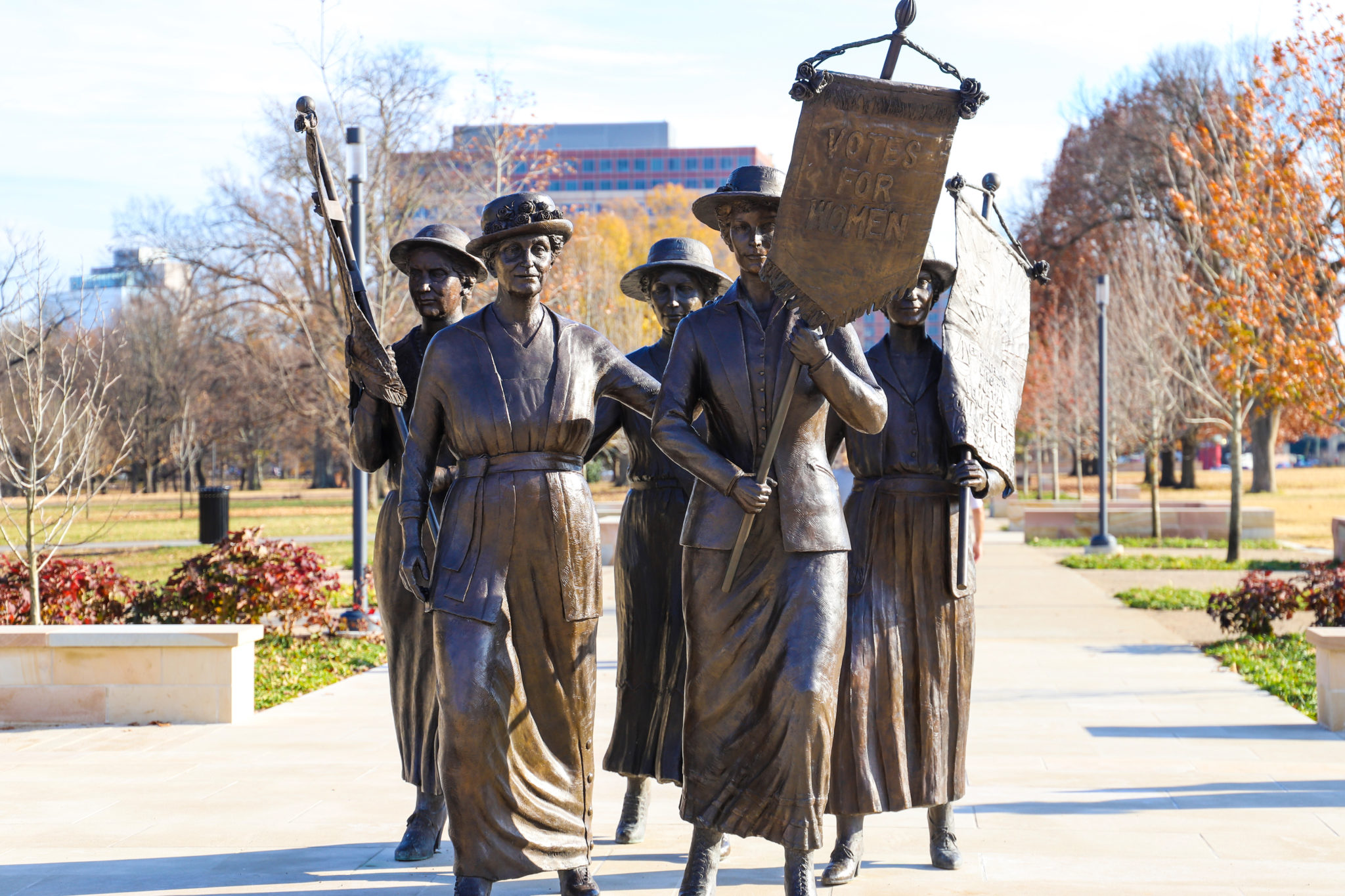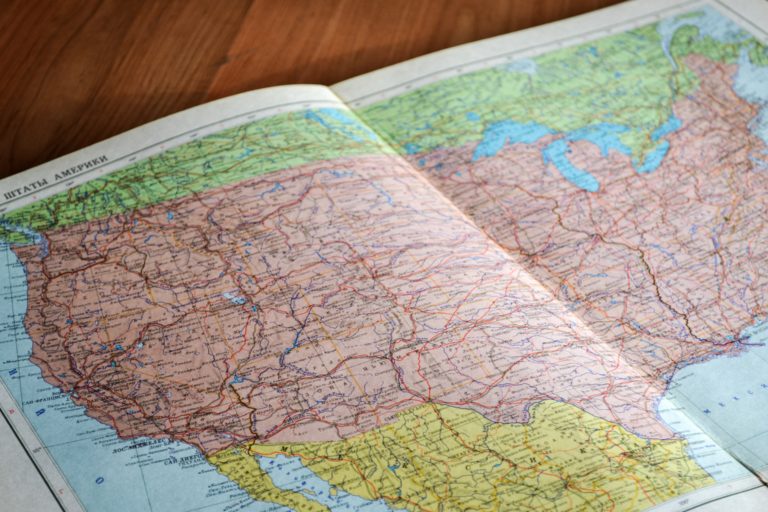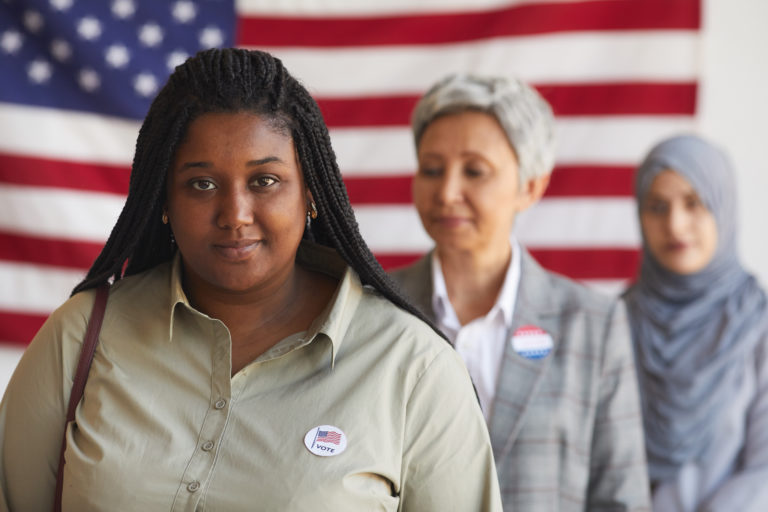Seeing a woman run for President is no longer a novelty thanks to Hillary…
ON ACCOUNT OF SEX, AND RACE

August 26, 1920, began early for President Wilson’s Secretary of State Bainbridge Colby. He was awakened at 3:45 AM, the moment Tennessee’s notice of ratification arrived at Union Station. Because opponents intended to seek an injunction when the courts opened at 9 AM, Colby certified the Nineteenth Amendment at 8 o’clock, at his home in Washington, DC, without photographers or the presence of Carrie Chapman Catt, head of the National American Woman Suffrage Association, or Alice Paul, president of the National Woman’s Party. Everyone in Washington knew the two women detested each other, so Colby diplomatically disarmed them.
The wording of the Susan B. Anthony amendment had not changed since its 1878 introduction: “The right of citizens of the United States to vote shall not be denied or abridged by the United States or by any state on account of sex.” Anthony called it “the long, hard fight” and died before women won.
It won because Catt ran a strategic, two-tiered campaign, culminating in a multiracial, cross-class coalition. She wooed Wilson, counted every vote, and prepped NAWSA members for the ratification campaign.
It won because Paul’s audacious street tactics attracted headlines and support, which increased when participants were jailed and force-fed.
It passed because women proved their patriotism during World War I, in factories and fields, at home and on the European front, prompting Wilson to declare suffrage a war measure.
It passed because at least six million women were already voting. By 1919, women had full suffrage in 15 states and limited suffrage in 12 others.
It passed because Republican Harry Burn, 24, changed his vote in Tennessee, because his mother asked him “to be a good boy” and vote to ratify. Voting rights for American women passed by one vote. Every vote was cast by a white man.
The Nineteenth Amendment was an incomplete victory. It enfranchised 26 million American women and more than doubled the number of eligible voters, but it left people out. Black women were included, but their rights continued to be “denied” and “abridged” by racial discrimination in state voting laws. Native American women were not considered citizens. Depending on their country of origin, immigrants were excluded. Women married to foreigners or living in territories were barred. No D.C. resident could vote.
Catt’s slogan during the ratification campaign was “Finish the Fight!” Once suffrage passed, proponents believed — and opponents feared — other victories would follow. Women would register, vote, run for office, pass legislation, secure equal rights, and advance democracy. As one journalist concluded in 1930, “The Nineteenth Amendment promised almost everything and accomplished almost nothing.”
For decades, white women did not turn out and Black women were turned away, threatened with economic reprisal and physical violence. Women like Pauli Murray, Constance Baker Motley, Septima Clark, Ella Baker, Fannie Lou Hamer and so many others, risking their lives, in church basements and court rooms, worked with better known allies to pass the Voting Rights Act on August 6, 1965. It should be celebrated as Equality Day. As the courts and state legislatures have since undercut those rights, we need to remember Coretta Scott King’s words: “Freedom is never really won. You earn it and win it in every generation.”
Join the Women & Politics Institute’s “Women on Wednesdays” on September 28th at 6 PM ET to hear more from American University alumna Elisabeth Griffith, CAS/PhD ‘84, author of the book, Formidable: American Women and the Fight for Equality: 1920-2020. Details and registration here.






